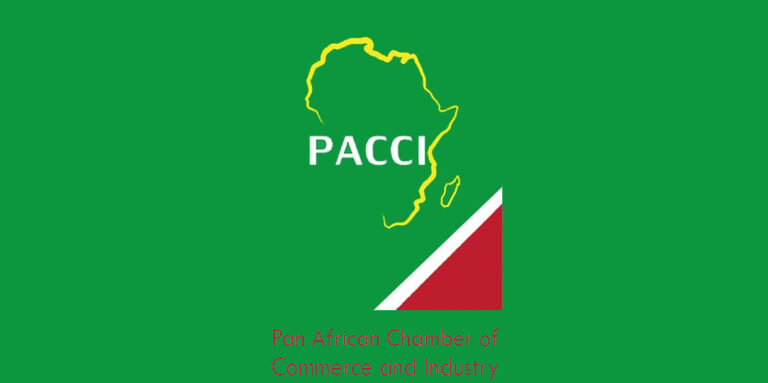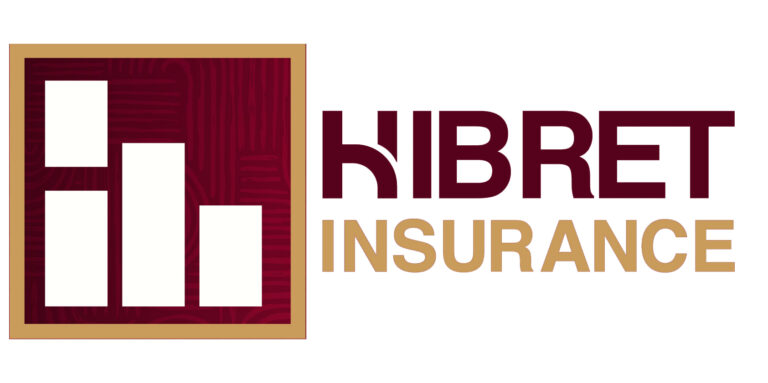The Pan African Chamber of Commerce and Industry (PACCI) is set to host the highly anticipated Prosperity Africa 2024 Conference from September 25 to 27. This significant event will gather over 45 chamber of commerce presidents from across the continent to explore the transformative potential of the African Continental Free Trade Area (AfCFTA) in enhancing intra-African trade and fostering economic integration.
The AfCFTA, which connects 1.4 billion people across 54 of Africa’s 55 countries excluding Eritrea represents a market with a combined GDP of $3.4 trillion. This agreement has the potential to reshape African economies, driving growth through increased trade, investment, and collaboration.
Ali Adji Mahamat Seid, President of the Chad Chamber of Commerce, emphasized the opportunities presented by the AfCFTA, stating, “Business leaders must wake up to the fact that Africa is entering a new era. The AfCFTA offers an unprecedented opportunity to reshape intra-African trade and drive economic growth. Entrepreneurs should prepare to engage with this vast market, which holds immense potential for businesses across the continent.”
Kebour Ghenna, Executive Secretary of PACCI, highlighted the conference’s importance for Ethiopia’s business community. “This is an excellent opportunity for Ethiopian businesses to expand their networks across Africa and learn about the vast opportunities that AfCFTA provides for reaching new markets and forming partnerships. Whether you’re a small business or a large enterprise, the AfCFTA is designed to benefit you.”
Kebour further encouraged business executives of all sizes to register for the conference, stating, “I encourage all business leaders, regardless of their size or sector, to register and attend the conference. This is a unique chance to learn from experts, connect with potential partners, and explore how AfCFTA can open doors to new business opportunities across the continent.”
The event is supported by major partners, including the Ethiopian Chamber of Commerce and Sectoral Association, UNDP’s Regional Bureau, UNECA’s African Trade Policy Center, the EU-TAF, and Afrexim Bank. The conference will not only focus on how African businesses can support one another but will also emphasize strengthening ties between African nations and equipping Ethiopian firms with strategies for international success.
With backing from the AUC Economic Development, Trade, Tourism, Industry, and Minerals Division, Prosperity Africa 2024 aims to forge stronger economic ties across the continent and provide businesses with the tools they need to thrive in a continental market. Key discussions will revolve around digital transformation, climate finance, and regional value chains, all crucial for harnessing the full potential of the AfCFTA.
As the event date approaches, business leaders across Africa are encouraged to participate in the Prosperity Africa Conference to gain insights, build partnerships, and position themselves for success in Africa’s evolving economic landscape.
PACCI to host landmark conference on AfCFTA and Intra-African Trade
Exporters lack awareness of international trade, says EPOSPEA
By Eyasu Zekarias
Ethiopian exporters across various sectors are exhibiting low awareness of international trade practices, according to a recent announcement from the Ethiopian Pulses, Oilseeds and Spices Processors Exporters Association (EPOSPEA). Edao Abdi, the board president of EPOSPEA, emphasized the urgent need for qualified personnel to navigate the global business landscape effectively.
During a discussion focused on foreign exchange policy reforms impacting the trade of pulses, spices, and oilseeds, Abdi noted that there have been numerous complaints from recipient countries regarding the lack of trade facilitation. He highlighted challenges faced by exporters, including difficulties in locating addresses after products have been shipped.
In response to these issues, Yasmin Wahab, Minister of State for Trade and Regional Integration, addressed the meeting, outlining various policy reforms aimed at boosting the export of pulses, oilseeds, and spices while increasing foreign exchange revenue. Yasmin stated that the reforms are designed to attract foreign investors and integrate them with local businesses, thereby addressing challenges related to technology transfer and enhancing market competitiveness.
The recent macroeconomic reforms introduced by the government are expected to bolster agricultural production and productivity, as well as alleviate the current shortage of foreign exchange through increased exports. The forum set a target of generating approximately $7 million from the pulses, oilseeds, and spices sector in the fiscal year 2024/25.
Participants at the forum were urged to abandon outdated practices in order to adapt to the challenges posed by the new macroeconomic reform policies. The emphasis on training and equipping exporters with the necessary skills and knowledge is seen as crucial for improving Ethiopia’s position in the international market.
As Ethiopia seeks to enhance its export capabilities, the call for greater awareness and understanding of international trade dynamics remains a pressing concern for industry stakeholders.

NBE reports 90% of Ethiopia’s borrowing now supports private sector growth
By Eyasu Zekarias
The National Bank of Ethiopia (NBE) has announced a significant shift in the country’s economic landscape, revealing that 90% of the wealth generated and collected by the banking sector now comes from the private sector. This marks a departure from previous years when government investments and state-owned enterprises dominated the economy.
Governor Mamo Mihretu emphasized the dramatic changes that have taken place over the past six years, stating, “The economy was largely funded by government agencies and government projects, but now it has changed dramatically.” He attributed this transformation to increased private sector engagement and the need for a robust financial system to support it.
Despite these positive developments, concerns have been raised by private sector investors regarding their access to loans. The NBE has stated that complaints from these investors are often unfounded, urging them to ensure that their documentation meets the necessary requirements for borrowing.
Investors have expressed frustration over the challenges they face when applying for loans, citing issues such as insufficient documentation and lack of collateral. Many have argued that these obstacles hinder their ability to secure financing for their ventures, particularly in export trade.
Mamo highlighted the importance of enhancing the capacity of the private sector as a key aspect of foreign policy, noting that a previously non-existent system has now been established, leading to tangible changes in the economy. He emphasized that the NBE is committed to supporting this growth by facilitating better access to financial resources for private investors.
The NBE’s focus on the private sector aligns with the government’s broader economic reforms aimed at increasing productivity and foreign exchange earnings. However, stakeholders are calling for further improvements in the loan application process to ensure that private sector players can effectively contribute to the economy.
Hibret Insurance unveils new brand identity to mark 30 years in business
Hibret Insurance, one of Ethiopia’s largest and most established insurers, has officially unveiled its new brand identity, including a modernized logo, to commemorate its 30 years in the market. The unveiling took place on September 9 at a ceremony attended by officials from the National Bank of Ethiopia.
The new logo is designed to reflect the company’s core values of unity, diversity, strength, continuous growth, and excellence. Described as simple, contemporary, memorable, timeless, and attractive, the logo aims to resonate with both current and future clients.
Wondwossen Teshome, Chairman of the Board of Directors, expressed optimism about the new branding, stating, “the new logo will represent the company for the next several decades.” He emphasized that the redesign was necessary to align the company with the fast-paced, modern world.
Founded in 1994 with a subscribed capital of 25 million birr and over 8 million birr in paid-up capital from 87 investors, Hibret Insurance has grown significantly over the years. As of June 30, 2024, the company boasts 714 shareholders and an asset value of 4.5 billion birr, with subscribed funds totaling 1.5 billion birr and paid-up capital reaching 1.1 billion birr.
The rebranding initiative comes at a crucial time as the insurance sector in Ethiopia continues to evolve, and Hibret Insurance aims to strengthen its market position while enhancing its service offerings to meet the needs of its diverse clientele.







